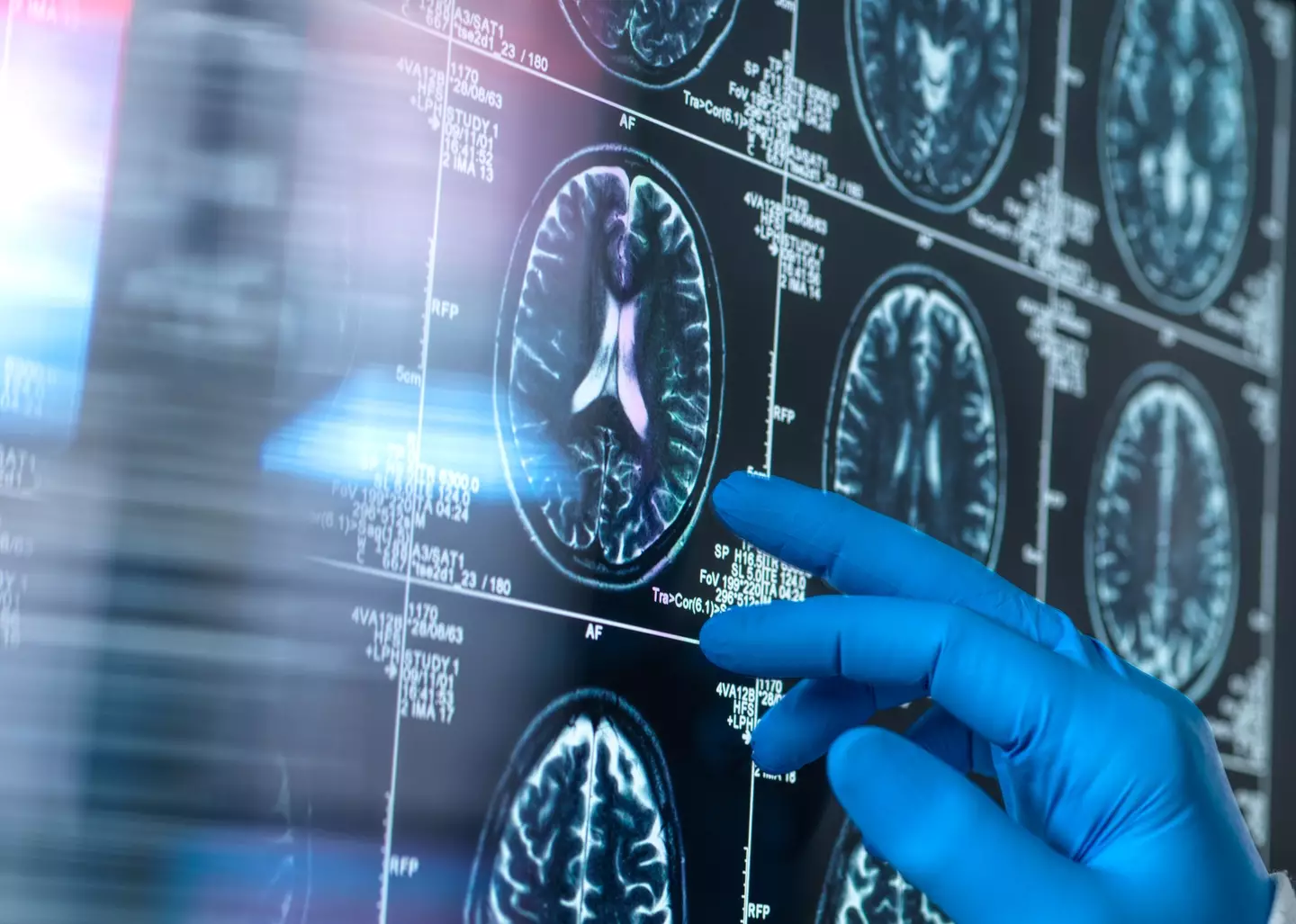Experts warn that Alzheimer’s disease can begin developing long before noticeable symptoms appear, with four key warning signs that your brain health may be declining. Recognizing these early indicators is critical, as Alzheimer’s is a progressive and devastating condition that often leaves loved ones grieving twice—first as the person’s memory and abilities deteriorate, and later when they pass away.
Typically affecting those over the age of 65, Alzheimer’s gradually erodes memory and cognitive function, ultimately leaving individuals unable to care for themselves. However, early intervention may help mitigate its progression, and experts encourage people to learn the signs.

Key Warning Signs of Alzheimer’s
1. Poor Memory
Dr. Daniel Amen, a psychiatrist and brain imaging researcher based in California, highlights poor memory as a significant red flag. He advises individuals to ask themselves if their memory has noticeably worsened over the past decade.
While occasional forgetfulness is normal, consistently struggling to recall names, places, or even common words could signal a problem. Dr. Amen explains that the hippocampus, the brain region responsible for memory formation, is often one of the first areas affected by Alzheimer’s.
2. Poor Judgment and Impulsivity
Alzheimer’s can make the brain feel like it’s going “offline,” affecting a person’s ability to assess risks and solve everyday problems, such as managing finances. Damage to the frontal lobe, the brain area responsible for decision-making, can lead to impulsivity and poor judgment in daily activities.

3. Short Attention Span
People with Alzheimer’s often struggle with a short attention span and difficulty concentrating. Dr. Amen describes this as “distractibility,” distinct from ADHD, as it develops later in life and worsens over time.
4. Low Mood
Depression is common among Alzheimer’s patients, with research indicating that up to half of those diagnosed also experience symptoms of depression. Irritability, mood swings, and emotional instability may occur as the disease damages areas of the brain that regulate emotions.

Risk Factors for Alzheimer’s
Dr. Amen emphasizes that certain lifestyle factors can increase the likelihood of developing Alzheimer’s, urging people to address these risks early to prioritize brain health:
- Obesity
- Low energy levels
- Erectile dysfunction
- Insomnia or sleep apnea
“If you have any of these risk factors, now is the time to get serious about brain health,” he advises.

Seeking Help
If you or someone you care about is showing signs of Alzheimer’s or is concerned about the risk of developing it, it’s crucial to consult a GP or healthcare professional. Early detection and proactive measures can make a significant difference in managing the disease and maintaining quality of life.
